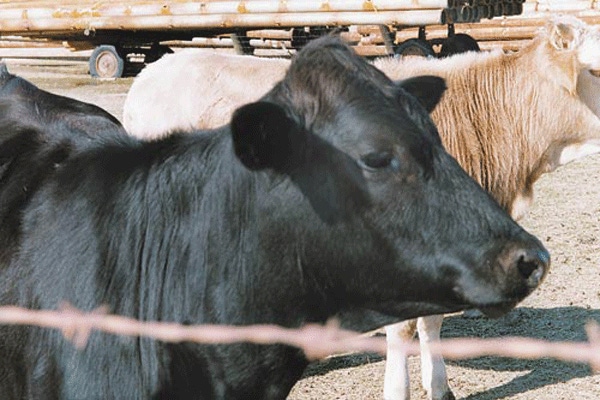September 29, 2010

The Virginia Department of Agriculture and Consumer Services (VDACS) recently announced that Virginia qualifies to continue its status as a USDA Tuberculosis Accredited Free State.
This designation means the United State Department of Agriculture considers Virginia’s cattle and bison herds to be free of bovine tuberculosis, a disease that can cause chronic respiratory conditions in cattle and other livestock. Virginia most recently achieved Tuberculosis Free status on July 27, 1997 and has maintained that status ever since. Losing the TB-free status could result in other states or countries refusing to import cattle from Virginia or imposing additional restrictions on exported Virginia cattle.
Once the most prevalent infectious disease of cattle and swine in the United States, Bovine TB caused more losses among U.S. farm animals in the early part of the 20th century than all other infectious diseases combined. In 1917, the U.S. initiated the Cooperative State-Federal Tuberculosis Eradication Program, which is administered by the U.S. Department of Agriculture’s Animal and Plant Health Inspection Service, state animal health agencies and U.S. livestock producers. The program has nearly eradicated Bovine Tuberculosis from the nation’s livestock population.
Although Bovine TB has been nearly eradicated, surveillance and identification of infected cattle is a crucial step in keeping Virginia and the nation free from the disease. TB’s presence in humans has been reduced as a result of the eradication program, as well as advances in sanitation and hygiene, the discovery of effective drugs and pasteurization of milk.
“Losing our Tuberculosis Free status would have a severe impact on Virginia’s livestock,” said Dr. Richard Wilkes, State Veterinarian and Director of VDACS’ Division of Animal and Food Industry Services, “and it could have a negative impact on our agricultural economy. Because of that, VDACS continually tests and monitors animals throughout the state. Virginia cattle that are processed at out-of-state meat processing facilities are also examined for evidence of tuberculosis and suspicious results are reported to the State Veterinarian. As long as we are able to maintain our free status, Virginia livestock producers will continue to enjoy unrestricted movement of their animals.”
You May Also Like




